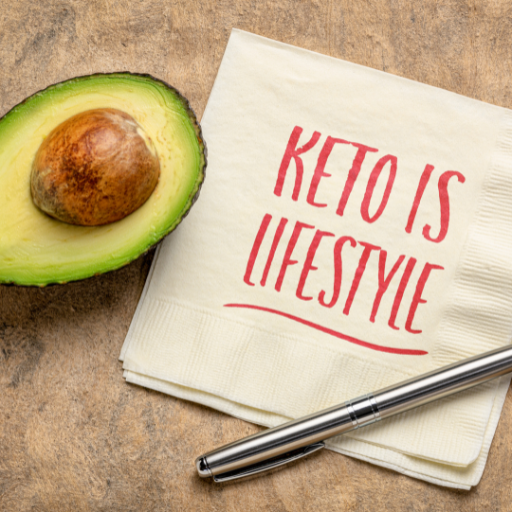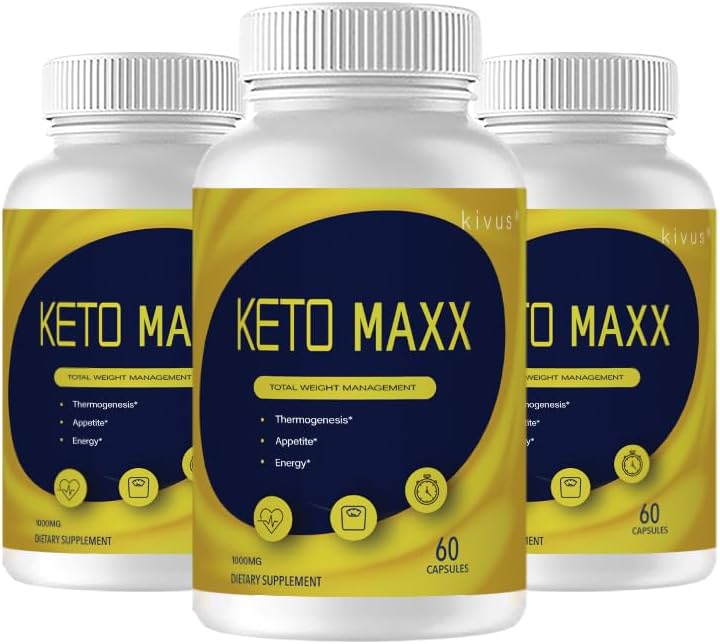Ketosis is a metabolic state in which your body primarily burns fat for fuel instead of carbohydrates. This process not only aids in weight loss but also enhances mental clarity and energy levels. By understanding how ketosis works, you can harness its benefits for your health and wellness journey.
What is Ketosis?
Ketosis occurs when your body is deprived of carbohydrates, leading to a decrease in insulin levels. In this state, the liver converts fat into ketones, which serve as an alternative energy source. The shift to ketosis can lead to several benefits, including weight loss, improved cognitive function, and increased energy levels. Achieving ketosis typically involves following a low-carb, high-fat diet, commonly known as the ketogenic diet.
The Benefits of Ketosis
- Weight Loss: One of the most significant benefits of ketosis is its effectiveness in promoting weight loss. When your body enters ketosis, it starts to burn stored fat, leading to rapid weight reduction. By reducing carbohydrate intake and increasing healthy fat consumption, you can accelerate this fat-burning process.
- Enhanced Mental Clarity: Many individuals report improved focus and mental clarity when in ketosis. Ketones provide a stable source of energy for the brain, which can enhance cognitive function and improve concentration. This makes ketosis not only beneficial for weight management but also for overall mental performance.
- Increased Energy Levels: Transitioning to a ketogenic diet often results in more stable energy levels throughout the day. Without the spikes and crashes associated with carbohydrate consumption, your body can maintain a consistent energy supply. This leads to improved physical performance and endurance.
How to Achieve Ketosis
To successfully achieve ketosis, you should focus on several key dietary changes:
- Reduce Carbohydrate Intake: Limit your daily carbohydrate consumption to 20-50 grams. This will help deplete glycogen stores and initiate the ketosis process.
- Increase Healthy Fats: Emphasize healthy fats in your diet, such as avocados, nuts, seeds, and olive oil. Fats will become your primary source of energy.
- Moderate Protein Consumption: While protein is essential, excessive intake can hinder ketosis. Aim for a moderate protein level to support muscle maintenance while encouraging fat burning.
- Stay Hydrated: Drinking plenty of water is crucial during ketosis. It helps manage electrolyte balance and supports overall health.
By following these guidelines, you can effectively enter and maintain ketosis, reaping the numerous health benefits it offers.
Conclusion
In conclusion, ketosis is a powerful metabolic state that can help you achieve your health goals. By understanding what ketosis is, its benefits, and how to achieve it, you can make informed decisions about your diet and lifestyle. Embrace the ketogenic approach to unlock your potential for weight loss, enhanced mental clarity, and increased energy levels.
For a comprehensive understanding of ketosis and its health benefits, you can refer to Healthline’s article on What Is Ketosis?.
Frequently Asked Questions (FAQ) About Ketosis
1. What is ketosis?
Ketosis is a metabolic state in which your body shifts from using carbohydrates as its primary source of energy to burning fat for fuel. This occurs when carbohydrate intake is significantly reduced, leading the liver to produce ketones from fatty acids, which then serve as an alternative energy source for the brain and body.
2. How can I achieve ketosis?
To enter ketosis, you need to follow a ketogenic diet, which typically involves:
- Reducing carbohydrate intake to about 20-50 grams per day.
- Increasing your intake of healthy fats, such as avocados, nuts, seeds, and olive oil.
- Consuming a moderate amount of protein to support muscle maintenance without hindering ketosis.
- Staying hydrated and considering electrolyte supplementation to manage potential side effects.
3. What are the benefits of ketosis?
The benefits of ketosis include:
- Weight Loss: By burning fat for fuel, many people experience significant weight loss.
- Improved Mental Clarity: Ketones provide a steady source of energy for the brain, potentially enhancing focus and cognitive function.
- Increased Energy Levels: A stable energy supply can lead to sustained energy throughout the day without the crashes associated with high-carb diets.
4. Are there any side effects of entering ketosis?
While many people adapt well to ketosis, some may experience initial side effects commonly referred to as the “keto flu.” Symptoms can include fatigue, headache, irritability, and digestive issues as the body adjusts to burning fat instead of carbohydrates. These symptoms are usually temporary and can be alleviated by staying hydrated and ensuring adequate electrolyte intake.
5. Is the ketogenic diet safe for everyone?
The ketogenic diet is generally safe for most individuals; however, it may not be suitable for everyone. Those with certain health conditions, such as pancreatic disease, liver issues, or eating disorders, should consult a healthcare professional before starting a ketogenic diet. It’s also important to approach the diet in a balanced way to avoid nutritional deficiencies.
6. How long does it take to enter ketosis?
The time it takes to enter ketosis varies by individual but typically ranges from 2 to 7 days, depending on your diet and metabolism. Factors such as activity level, initial glycogen stores, and carbohydrate intake all influence the speed at which you can achieve ketosis.
7. Can I maintain ketosis long-term?
Many individuals successfully maintain ketosis for extended periods, leading to sustained weight loss and health benefits. However, it’s essential to monitor your body’s response and ensure you’re meeting your nutritional needs while in ketosis. Some people may cycle in and out of ketosis based on their goals and lifestyle.


